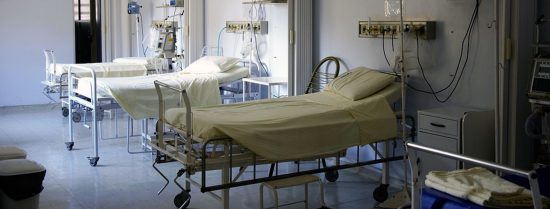Study Identifies How Enterococcus faecalis Causes Antibiotic-Resistant Infection
A new study led by a research team from Massachusetts Eye and Ear and Harvard Medical School describes how bacteria adapted to the modern hospital environment and repeatedly cause antibiotic-resistant bloodstream infections. Infections acquired by hospitalized patients are more often antibiotic-resistant than those that occur elsewhere, and hospitals invest considerable effort to prevent them. Despite best efforts, some bacteria are able to persist and circulate among patients, causing repeated infections. This study examined one of the first sustained hospital outbreaks of a multidrug-resistant bacterium, Enterococcus faecalis, which occurred from the early through the mid-1980s, causing over 60 outbreak strains.
AMR NEWS
Every two weeks in your inbox
Because there should be one newsletter that brings together all One Health news related to antimicrobial resistance: AMR NEWS!





